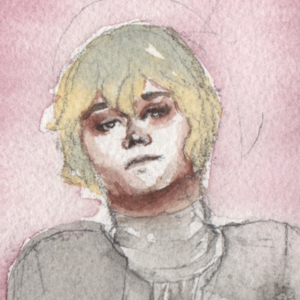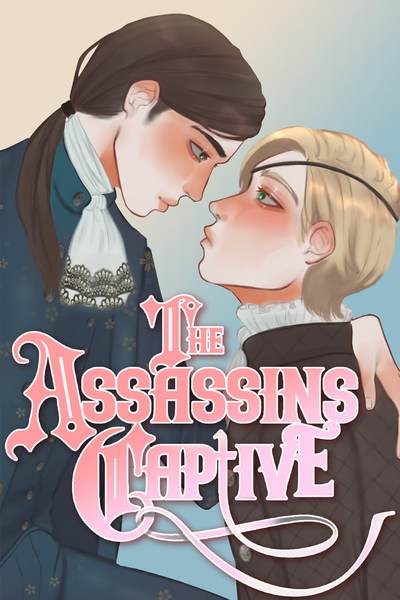This would be an appropriate time to discuss the status of the servants. Klaus' lovely estate was not immune to the place or time in which it existed. The original owner, designer, and inhabitant of the estate was an eccentric plantation owner. He designed the mansion himself, which explained the horrific floor plan and tacky decor. Many of the original staff members worked for him. Racism was dried into the paint on the walls and in the mortar between the bricks. The original owner specified in his will that upon his death, his slaves would be freed. Subsequent owners had thus far respected the declaration of freedom and left the servants alone. Inhabitants of the small village, predominantly former slaves themselves, interpreted the rule as applicable to them. When Klaus bought the property he was fully aware of its servants’ status as freed slaves with the potential for re-integration into the system. Instead, Klaus paid the servants competitive wages as part of his revenge against a society that marginalized him for his choice of intimate partners. As far as he was concerned, former slaves and gay mercenaries were on the same team.












Comments (4)
See all